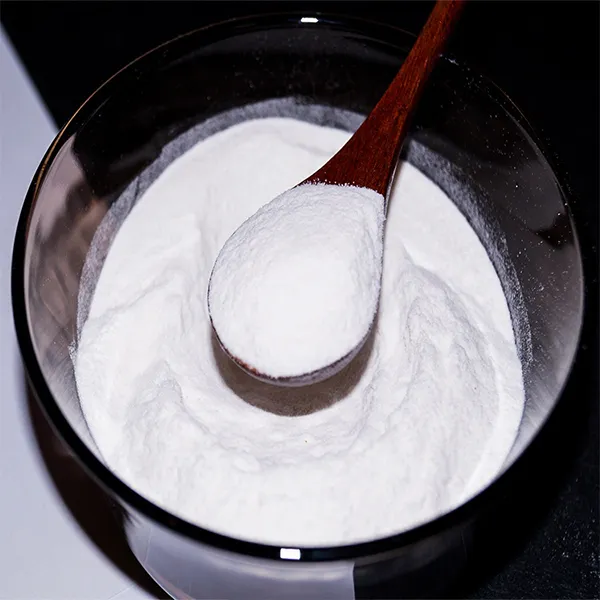Hydroxyethyl Methyl Cellulose A Comprehensive Overview
Hydroxyethyl Methyl Cellulose (HEMC) is an important derivative of cellulose, a natural polymer that is abundantly found in plants and contributes significantly to their structural integrity. HEMC is synthesized by modifying cellulose through the etherification process, where hydroxyethyl and methyl groups are introduced to the cellulose backbone. This modification enhances its solubility in water and broadens its utility across various industries.
Properties and Characteristics
HEMC is characterized by its white to off-white powdery appearance and exhibits properties such as high viscosity, film-forming capabilities, and excellent water retention. These attributes make it a valuable additive in numerous applications. Depending on the degree of substitution of the hydroxyethyl and methyl groups, HEMC can exhibit varied solubility and viscosity properties. Typically, it is soluble in hot and cold water, enabling its use in both hot and cold applications, and it does not gel at low concentrations.
The viscosity of HEMC solutions can be modified through the concentration used and the specific formulation components, making it highly customizable for industrial needs. Its ability to form stable solutions and gels allows it to be used where thickening or binding properties are required.
Applications
1. Construction Industry One of the most significant applications of HEMC is in the construction sector, particularly in cement and gypsum-based formulations. It acts as a water-retaining agent that helps control moisture loss during the curing process, which is vital for the strength and durability of the final product. HEMC also enhances workability, allowing for easier mixing and application of mortars and plasters.
2. Pharmaceuticals In the pharmaceutical industry, HEMC is used as a thickening agent and a binder in tablet formulations. Its compatibility with various drug compounds facilitates the creation of stable and effective dosage forms. Additionally, it is used in topical formulations for its film-forming properties, enhancing the application spread and adherence of medicated creams and gels.
hydroxi ethyl methyl cellulos

3. Food Industry HEMC finds its place in the food industry as a food additive and stabilizer. It can improve the texture and mouthfeel of products, while also acting as a fat replacer in low-calorie foods. Its ability to retain moisture makes it useful in baked goods, preventing staling and improving shelf life.
4. Cosmetics and Personal Care In the cosmetics sector, HEMC serves as a thickener and emulsifier. It enhances the stability of creams and lotions, preventing separation of oil and water phases. Its mild compatibility with skin makes it a preferred choice in lotions, shampoos, and other personal care products.
5. Agriculture Recently, HEMC has found applications in agriculture, where it is used as a thickener for pesticides and herbicides. By improving the suspension and adherence properties of these products, HEMC ensures more efficient application and minimizes wastage.
Environmental Considerations
HEMC is derived from cellulose, which is a renewable resource, thereby aligning with the growing emphasis on sustainability and environmentally friendly products. Additionally, HEMC is biodegradable and non-toxic, posing minimal environmental risks when used within regulated limits. As industries continue to move towards greener formulations, HEMC's origins and properties make it an attractive alternative to synthetic polymers.
Conclusion
Hydroxyethyl Methyl Cellulose is a multifunctional agent that plays a crucial role across a myriad of applications. From enhancing construction materials to improving food textures and stabilizing pharmaceuticals, its versatility and effectiveness cannot be understated. As research and development continue to advance, further innovations and applications for HEMC are likely to emerge, solidifying its position as a staple in various industries. Its environmentally friendly nature further elevates its importance as industries seek sustainable solutions to meet modern challenges.




